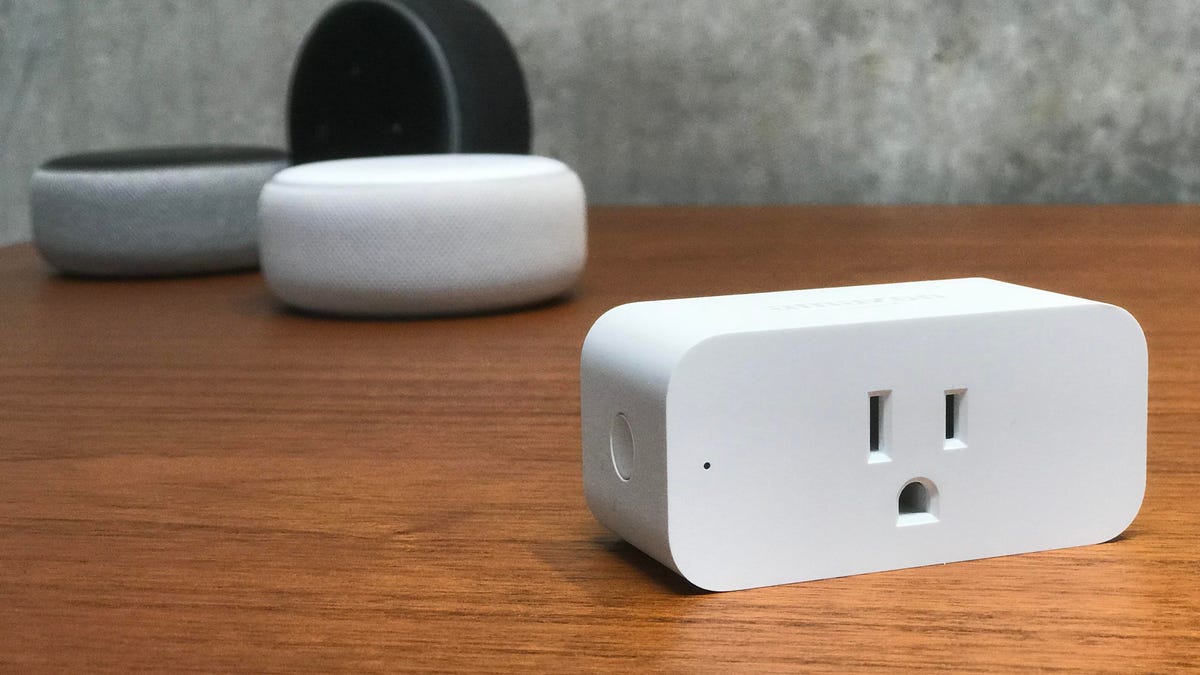)
Source: (L to R) Amazon; Google
The global surge in smart home adoption, projected to reach 785.16 million users by 2028 according to Statista, heralds a new era of convenience and connectivity.
However, alongside the benefits of these technologies, concerns about data privacy have emerged, challenging the sanctity of our private spaces.
A recent study by Surfshark’s research hub, the ‘Smart Home Privacy Checker,’ has uncovered troubling trends. Shockingly, one in 10 smart home apps is found to collect user data for tracking purposes.
Major players like Amazon and Google stand out as significant collectors, their apps consuming vast amounts of personal information from millions of users daily.
“In today’s world, where convenience often trumps privacy, our research reveals a worrying trend in smart home device apps, especially from major companies like Amazon and Google. This issue goes beyond mere data collection; it intrudes into users’ private lives, potentially leading to data theft, security breaches, and the uncontrolled sharing of personal information,” Goda Sukackaite, privacy counsel at Surfshark, was quoted as saying by Firstpost.
Sukackaite advises users to take proactive steps such as managing privacy settings, reviewing app permissions, and staying informed about data policies governing their smart home devices.
Surfshark’s study scrutinised 290 apps across more than 400 Internet of Things (IoT) devices, focusing on the most popular ones. Each app underwent rigorous evaluation across 32 data points, assessing criteria like user identification, tracking mechanisms, and data linkage. The findings rank apps based on the extent and type of data collected.
Tech giants under the scanner
Amazon’s Alexa app emerged as a significant data aggregator, capturing 28 out of 32 possible data points — more than triple the industry average for smart home devices. This includes precise location data, contact details, and even health-related information, all meticulously linked to individual user profiles.
Similarly, Google’s suite of smart home devices was found to amass 22 out of 32 data points. It surpassed industry norms with extensive data collection ranging from addresses and locations to photos, videos, audio recordings, and browsing histories.
The cost of convenience
Consumers engaging with smart devices pay a dual price: first financially, then with their personal data. These apps frequently track user behaviour to tailor ads or share information with third parties and data brokers.
Approximately one-third of these apps focus on collecting detailed data points such as device IDs, email addresses, and product interactions, with some even tracking precise locations.
Outdoor security cameras, particularly aggressive collectors, gather an average of 12 data points — 50 per cent more than other devices.
Apps like Deep Sentinel and Lorex significantly contribute to this heightened data gathering.
Outdated privacy protocols
The study also revealed a concerning trend — 12 out of the 290 apps analysed have not updated their data collection practices in over a year. This raises questions about compliance with privacy laws and transparency.
Notably, apps controlling children’s toys like MekaMon and Cozmo were found to collect sensitive data such as precise location, photos, and audio recordings.
As smart home devices become increasingly integrated into daily routines, users face a critical balancing act — embracing convenience while mitigating the risks to their privacy posed by these evolving technologies.
First Published: Jun 17 2024 | 12:48 PM IST



